The Thin Woman, by Elizabeth Guilt
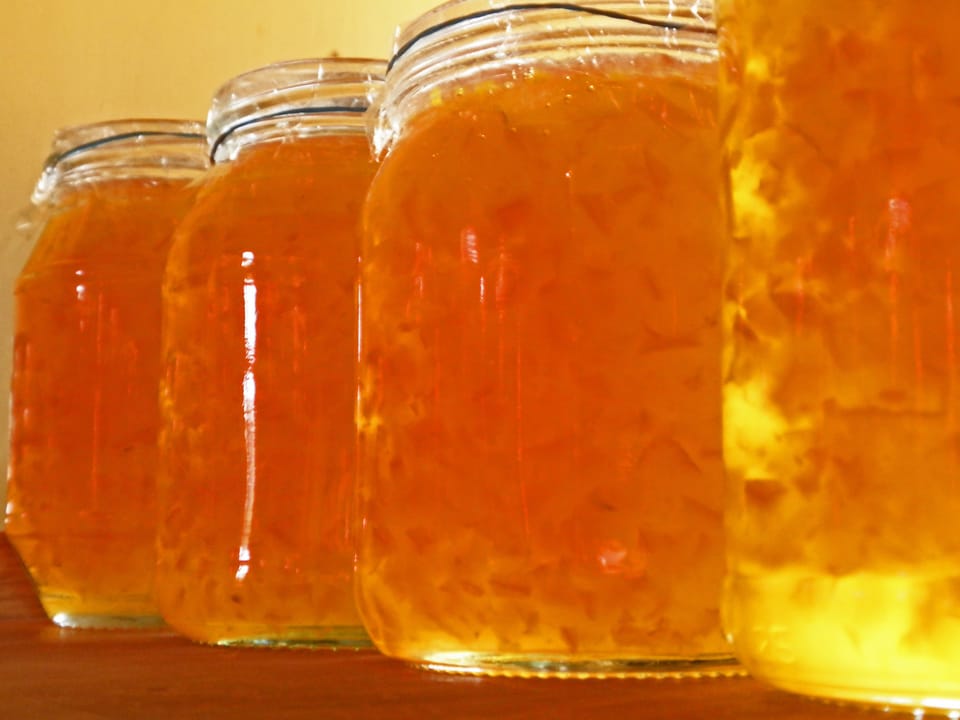
Content warnings
Caring for someone with dementia. Infant death (past).
The teaspoon slid off the breakfast tray, and I swore under my breath as I stooped to retrieve it.
“Morning.”
Mum looked down at me from the pillow, thin and drawn.
My stomach turned over with a flash of memory: another face staring down from that bed. Thinner, pale to the point of greyness, and cheeks slick with sweat.
I stood up, surprised how vividly the childhood nightmare came back—I hadn't thought of it in years. I lodged the tray carefully in front of my mother.
“Toast and marmalade this morning, Mum.”
“Marmalade. My favourite.”
I helped her sit up, and stirred her tea, and fetched my own breakfast.
“Thanks, love.”
She seemed to know who I was, which was a good sign.
My mum had such a lovely smile, and the easiest way to spark it was reminiscing—she didn't have a lot of interest in current events. In the previous six months, we'd visited and re-visited her childhood and mine.
I said the first thing that came to mind. “Do you remember the Thin Woman?”
I waited for the slow spread of her smile as she remembered. Consoling a screaming toddler night after night couldn't have been fun at the time—but to Mum all memories were precious, now.
Instead, she shrank back into the pillows, dropping her toast onto the quilt.
“She's gone.” Her eyes darted around the room and her fingers clutched into a tight knot in front of her mouth. “She's gone.”
“Yes,” I agreed, trying to clear up the sticky toast.
“She's gone now.”
“She wouldn't tell me!”
I took her hands in mine, wiping up the marmalade and trying to soothe her agitation.
“I'm sure…”
“I'd have let her go if she'd told me!”
It looked like today wasn't going to be one of the good days, after all.
“She was just a dream, Mum. She wasn't real. Just a nightmare I had when I was a kid.”
“I got rid of her.”
“Yes, you did. Here, let me help you with your tea.”
“She's gone.”
I wished I hadn't mentioned it.
“Look, your toast's getting cold, Mum.”
“I just wanted her to tell me what she'd done with my baby.”
“Your baby? Kate, you mean?”
I was not quite two when Kate was born. Last time we'd spoken, Kate had offered again to come back and help me look after Mum, but it didn't make any sense. She was doing so well, and a ballerina can't exactly work from home.
“No, the baby!”
The doctor recommended not trying to correct the things Mum said: just go along with it, or change the subject. I'd been planning to keep the postcard as a surprise for later, but now seemed like a good time.
“Kate sent us post, she's in Vienna now.” Her touring schedule was punishing but—bless her—she found the time in every city to buy and write a picture postcard.
“No, not Kate! The baby. He was beautiful, but she stole him.”
OK. Go along with it then, I guess.
“Did she? Have a bit of toast. I put marmalade on it.”
Mum pushed my hands away.
“He was only a week old when she stole him. She left me a sickly brat with horrible green eyes, my baby's eyes were blue. But I caught her. I just wanted her to tell me where he was.”
Mum's eyes were still looking from one side of the room to another, her voice rising and spit gathering at the chalky corners of her lips. Usually, I could make enough sense of her ramblings to join in, to calm her down.
“I expect she told you eventually. You were always quick to sniff out things Kate or I wanted to hide. Like that time…”
“No!” A tear ran down one of her lined cheeks. “You were still tiny, you wouldn't remember.”
Her fear had leached into me, and whatever had happened I didn't want to hear about it.
“Please, Mum…”
“She lay in this bed, grey and slimy like a wet weasel, getting weaker and weaker. She just stared, like something from a muddy pond.”
Cold sliced through me. The description should have been comical, but it fitted my memory of the Thin Woman too exactly.
And the Thin Woman had been my nightmare, not hers.
“If I was little, Dad must still have been around,” I tried, desperately. Talking about Dad always made her happy.
“He was! And he didn't think her so beautiful once I got her with iron and knocked the glamour off her.”
Mum's eyes were glittering. The back of my neck prickled.
“I don't think…”
“I buried her, you know. When no one was looking.”
“What?”
I hardly recognised the face in front of me; her expression was direct and terrifying.
“The iron chain killed her. I didn't realise that would happen. The creature she left me died the day after. They said it was my baby, they held a funeral. You were too young to go.”
She closed her eyes, her lips still twitching as if more words were trying to escape. I could hear my own breathing, loud in the room.
I took one of her hands, trying to unclench my fingers enough to hold it gently. She was shivering, her whole body shaking. Or perhaps it was me shaking.
She made a small sound, high-pitched like a dog in pain.
“I never meant for you to see her. You had bad dreams for months.”
“Where did you bury her?” The question burst out. I should have asked about the baby, about the brother I had never known.
Mum didn't answer. She lay quietly, her body stilling and her hand limp in mine until a new fear struck me.
“Mum? Mum!”
She opened her eyes, her expression calm and hazy again.
“My toast's cold.”
Elizabeth Guilt
Elizabeth Guilt lives in London, UK, where history lurks alongside plate glass office buildings and stories spring out of the street names. Her fiction has appeared most recently in Escape Pod, Cosmic Horror Monthly, and The Arcanist. You can find her—and the stories—at www.elizabethguilt.com.
Twitter: elizabethguilt Mastodon: mstdn.social/@elizabethguilt
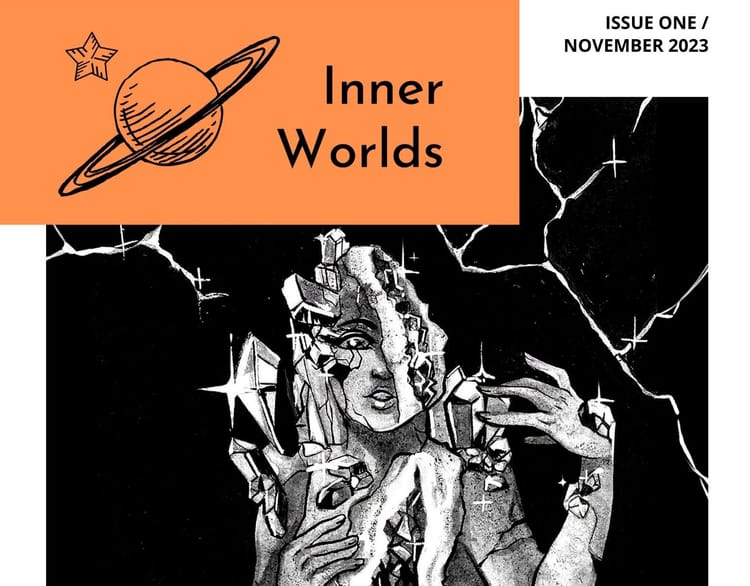
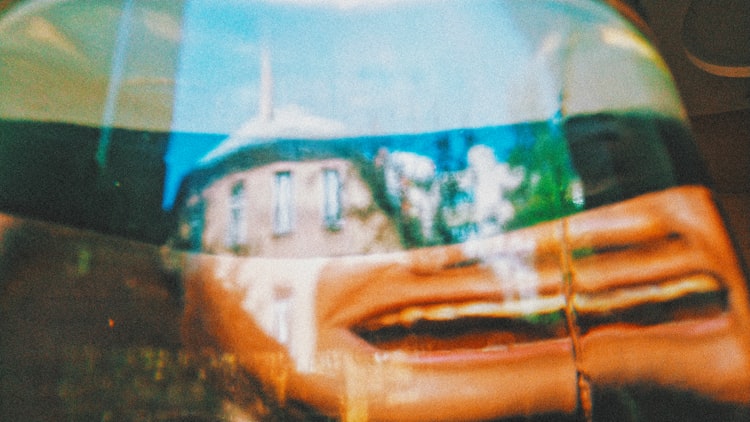

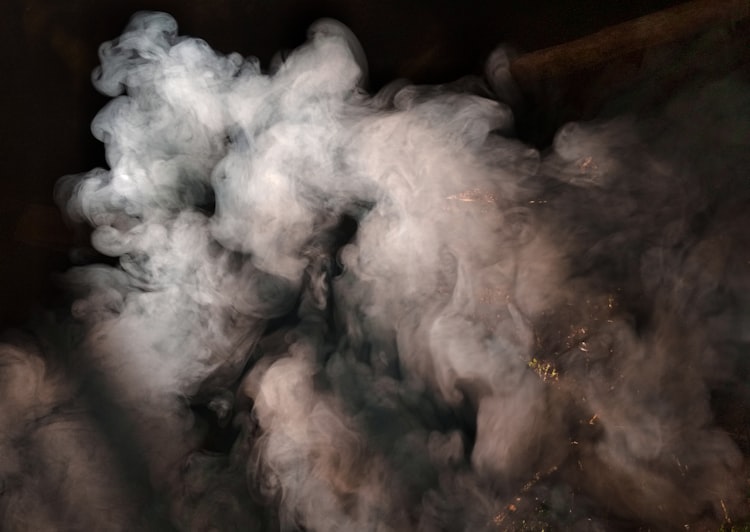
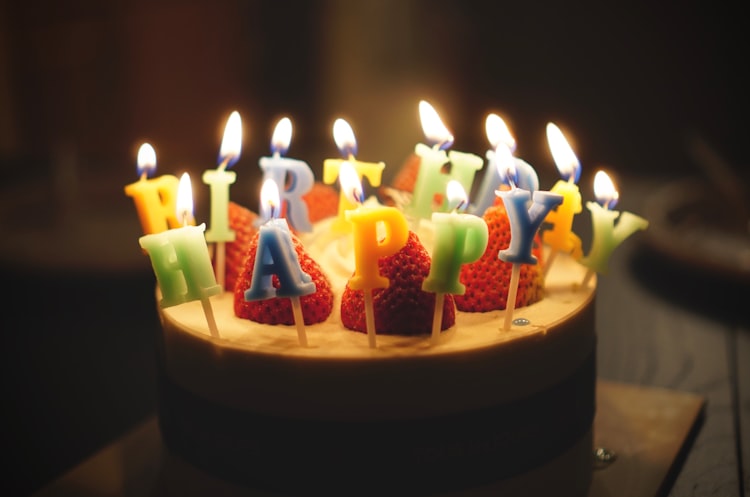
Member discussion